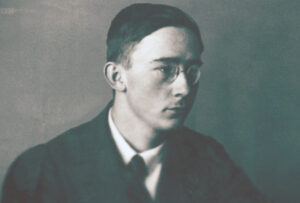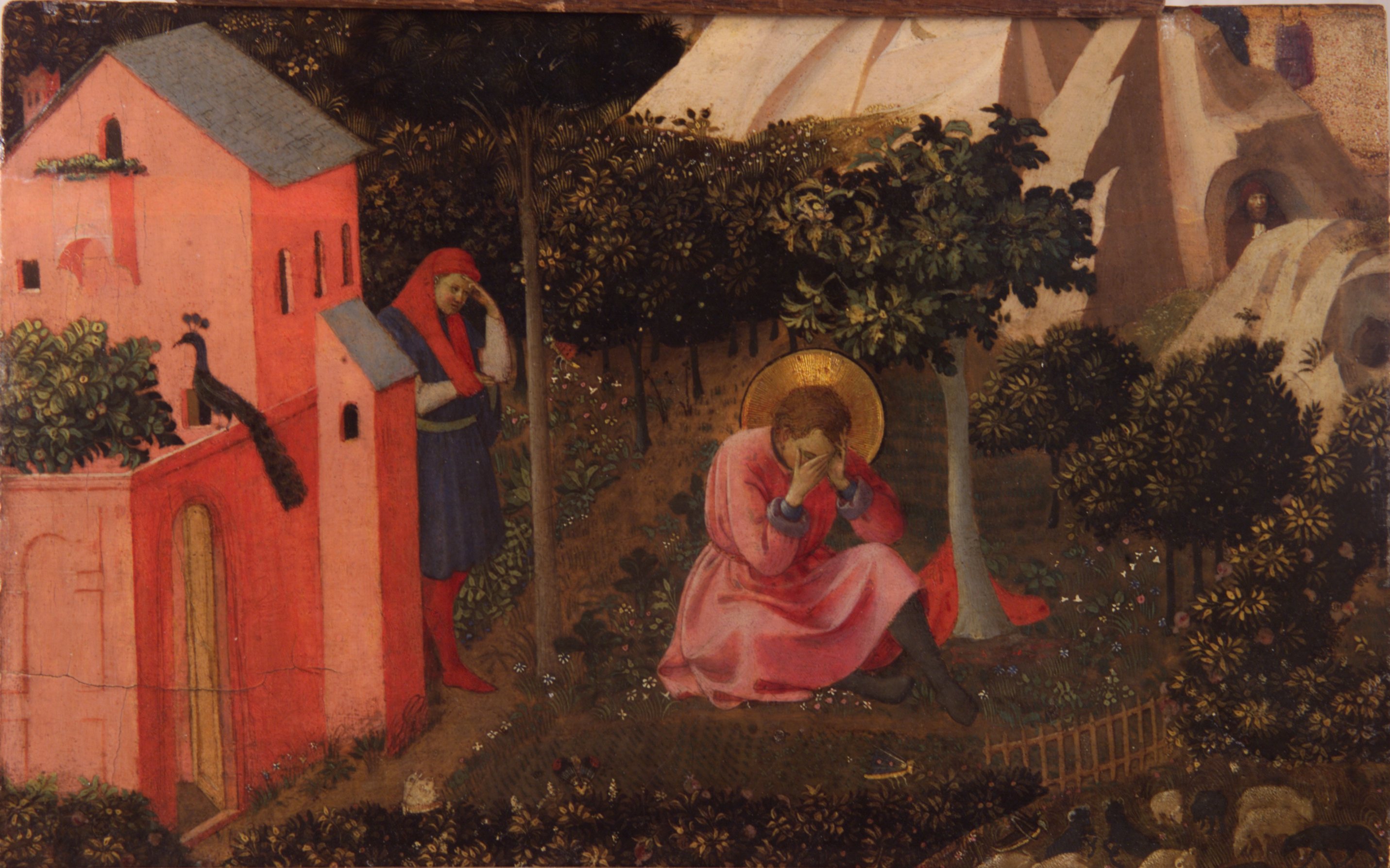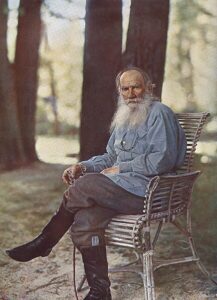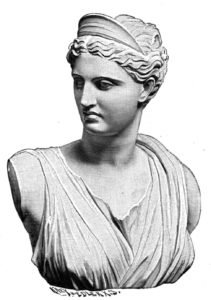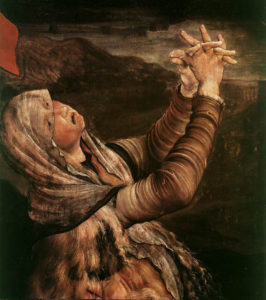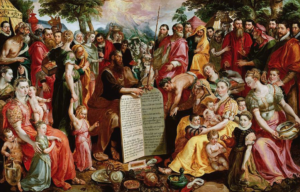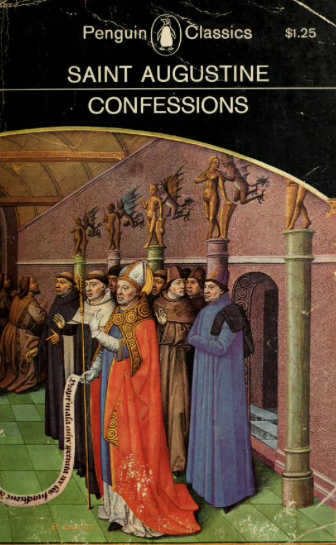I exaggerated last Saturday when I said that David Irving’s True Himmler was only about Heinrich’s childhood and adolescence. I have read on and it has a few sentences worth quoting. If the senior figures of the Third Reich were heroes or saints for the ‘dissident’ right it would still be possible to save the Aryan from inexorable extinction. But they are not: many of them still have legendary Jews as their heroes!
Yesterday, for example, I was shocked to find that both Alexander Mercouris, who vlogs in his English channel (here), and three well-known Spanish ‘dissidents’ in the YouTube subculture (here), talked about Good Friday as if my very Christian father were still alive and educating the teenager I was half a century ago!
Just as white nationalists in general ignore Carrier’s critique of the NT regarding Romulus—a critique that could very well be used to validate Kevin MacDonald’s approach to subversive Jewry—, the so-called dissidents haven’t emerged from the bubble they introjected from their ancestors.
So back to Himmler, for although Heini received a strict Catholic upbringing as a child, as an adult he was able to transvalue his values. I think that on this point Maurice is right in saying that we need more Holocaust affirmers in the movement: something that couldn’t contrast more with the heavy chains with which Christian ethics, in both its traditional and neochristian versions, undermines the Aryan collective unconscious.
On page 72 of True Himmler Irving informs us that Heini disliked beer (I dislike it too). Two pages later we read: ‘Easter will be very nice and cheerful’, Heini wrote to his mother. In another letter, dated May 1921, Heini wrote to his mother that he had visited Salzburg by bicycle, where he went to church. At the age of twenty-one Himmler still felt at home with his pious parents and among the Catholic architecture of St Michael’s, the largest Renaissance church in the Alps. He particularly loved the royal Hofkirche for its ornaments and Old Testament frescoes: the church of All Saints where his cousin sometimes celebrated mass. Heini was such a good boy that he went to the eight o’clock mass one Sunday morning and wrote to his mother about his experiences in that church.
On page 90 we learn that Heini’s first contact with incipient National Socialism wasn’t with Hitler, but with the homosexual Ernst Röhm, who invited him to join the movement. However, Heini was always repulsed by such behaviour and didn’t join the movement—yet.
Adolf Hitler was older than Himmler, and at that time he was already saying things like: ‘We need a dictator who is a genius if we are to arise again’. I wonder how many white nationalists know that democracy is shit and that only a tough dictator could save them? Speaking in Salzburg, Hitler was already demanding the extirpation of the ‘Jewish bacillus’ from Austria and Germany (pages 93-94). ‘For us, this is not a problem to which you can turn a blind eye, one to be solved by minor concessions… Don’t be misled into thinking you can fight a disease without killing the carrier, without destroying the bacillus’. And on the same page of Irving’s book we can read:
‘We must be fired with a remorseless determination to grasp this evil at its roots and exterminate it, root and branch’. A few weeks later he repeated, ‘We cannot skirt around the Jewish Question. It has got to be solved’.
In 1923 hyperinflation hit Germany and only the Jews got richer having bought houses, land and works of art: which motivated the people to listen to radical voices, like Uncle Adolf’s. We can imagine why I believe that now the American dollar is the one that has to hyperinflate!
Just as many on the racial right deny the Holocaust, others deny that Hitler and Himmler wanted to conquer the lands of the half-gooks for the Aryans. On page 119 Irving again quotes Hitler:
Germany’s future lay in the east. ‘The destruction of the Russian empire and the distribution of its land and property, which will be settled by Germans…’
And on page 122 he does it again:
‘A solution of the Jewish Question is bound to come. If it can be resolved with common sense [the Madagascar Plan], so much the better’. If not, he predicted, there were two or more possibilities — ‘either the Armenian, Levantine, way or bloody confrontation’. In 1915 the Turks had brutally expelled the Armenians…
A few words later Irving ends the ninth chapter of True Himmler.
